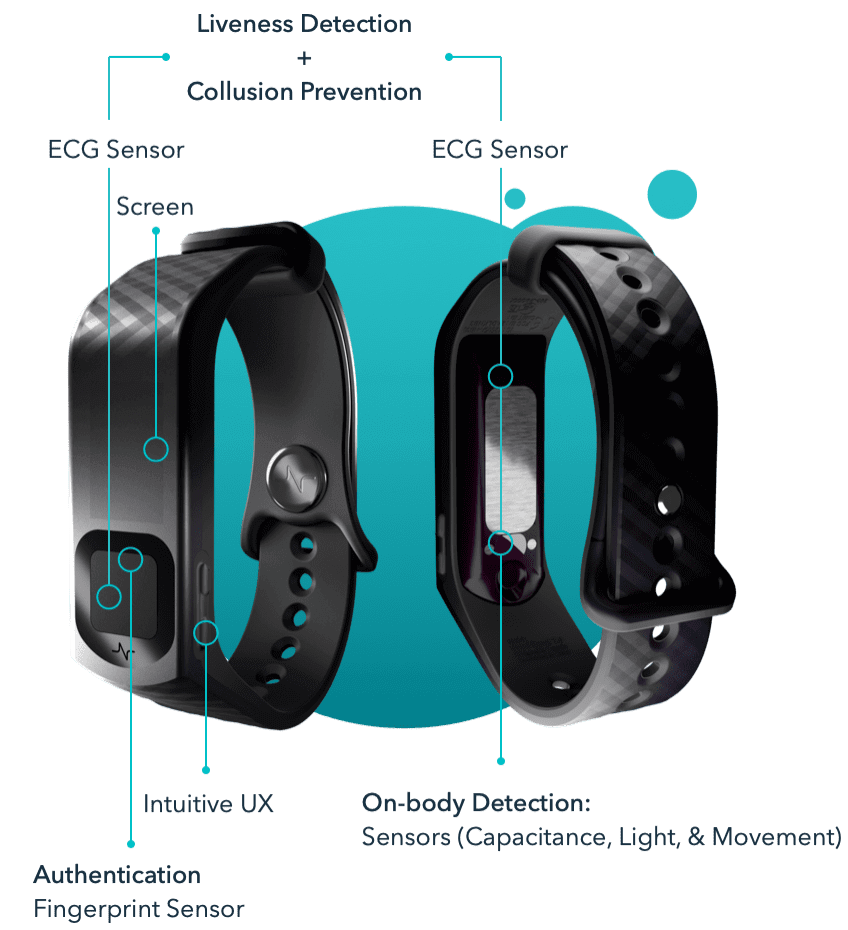Upstream and downstream are terms used in pharmaceutical manufacturing to describe different stages of the production process. Upstream refers to the initial stages of manufacturing, which involve the cultivation and growth of cells or organisms that produce the desired drug or therapeutic substance. This can include activities such as cell line development, fermentation, and primary purification. Downstream refers to the subsequent stages of manufacturing, which involve the purification, separation, and processing of the drug substance obtained from upstream processes. Downstream activities typically include filtration, chromatography, crystallization, and formulation. In summary,…
Read MoreTag: MES 4.0
Using IIoT and AI in Manufacturing
IIoT (Industrial Internet of Things) refers to the network of interconnected devices, sensors, and machines in industrial settings. It enables the collection, analysis, and sharing of data to improve efficiency, productivity, and decision-making. AI (Artificial Intelligence) can be integrated with IIoT to enhance manufacturing processes in several ways: In summary, the combination of IIoT and AI in manufacturing allows for improved predictive maintenance, enhanced quality control, optimized production, intelligent automation, and product innovation. This integration can drive operational excellence, cost savings, and competitive advantages in the manufacturing industry. OPEN Source…
Read MoreNymi Bands – Potential uses within the Pharmaceutical Industry
Nymi Bands, with their advanced wearable technology, have the potential to offer several valuable use cases in the pharmaceutical industry, especially when integrated with Manufacturing Execution Systems (MES). Here are a few potential uses for Nymi Bands in the pharmaceutical industry with MES: It is important to note that the integration of Nymi Bands with MES in the pharmaceutical industry would require careful consideration of security, data privacy, regulatory compliance, and validation processes to ensure the integrity and effectiveness of these solutions. Learn more about Nymi bands at https://www.nymi.com/
Read MoreAchieving Near-Zero Downtime Upgrades: A Crucial Goal for MES Systems in Manufacturing
In the fast-paced world of manufacturing, uptime is a prized commodity. Every minute of downtime can lead to lost revenue, production delays, and compromised customer satisfaction. For 24/7 manufacturing plants reliant on their Manufacturing Execution Systems (MES) to streamline operations, the importance of minimal downtime during upgrades or maintenance cannot be overstated. As an expert in the MES industry, I’m here to shed light on the challenges and potential solutions for achieving near-zero downtime upgrades in this critical domain. The Significance of Near-Zero Downtime UpgradesMES systems serve as the backbone…
Read MoreWhat a Smart Factory looks like in 2023
A smart factory in 2023 is expected to be highly advanced, heavily automated, and deeply interconnected. Building upon the technologies of today, a smart factory in 2023 will likely possess the following characteristics: The aforementioned characteristics provide a glimpse into the expected advancements in smart factories by 2023. However, it’s important to note that technological progress can vary across industries and companies, and the actual implementation of smart factories will depend on specific needs and priorities.
Read MoreMES 4.0 Explained
MES 4.0: Revolutionizing Manufacturing Operations In the era of Industry 4.0, Manufacturing Execution Systems (MES) have taken on a new form: MES 4.0. This technology-driven solution has the potential to revolutionize manufacturing operations, bringing unprecedented levels of efficiency, visibility, and flexibility to the shop floor. What is MES 4.0? MES 4.0 refers to the integration of traditional MES with the advancements of Industry 4.0 technologies such as artificial intelligence (AI), Internet of Things (IoT), cloud computing, and big data analytics. It extends beyond the traditional boundaries of the shop floor,…
Read More





